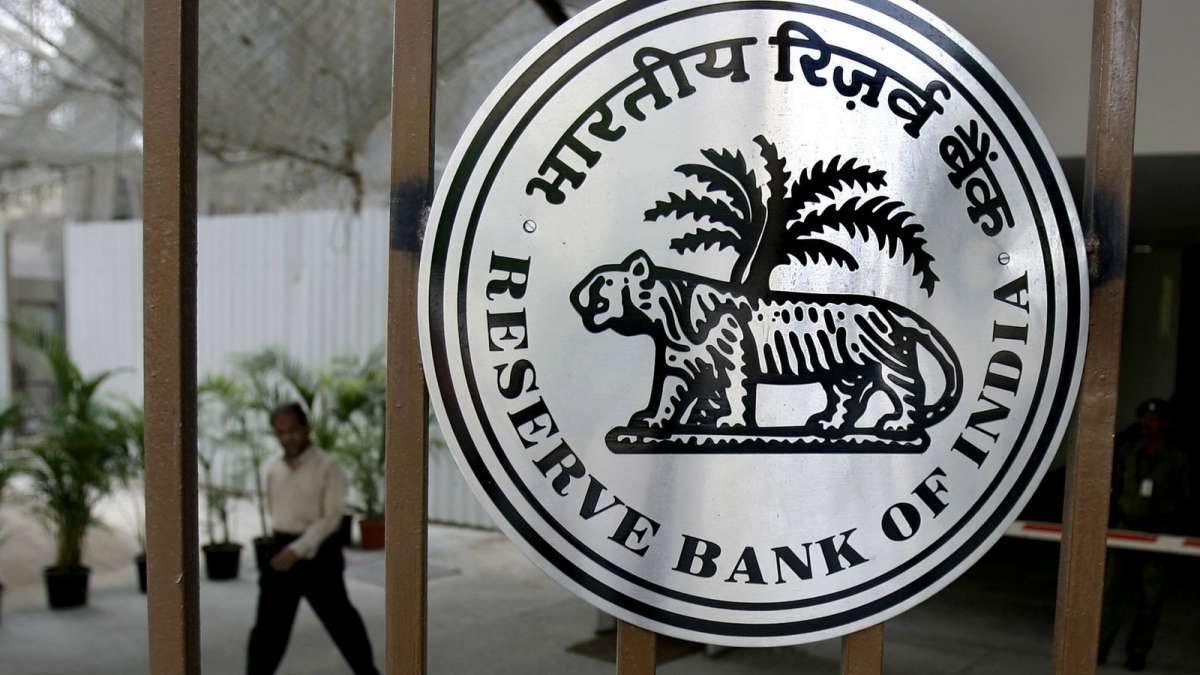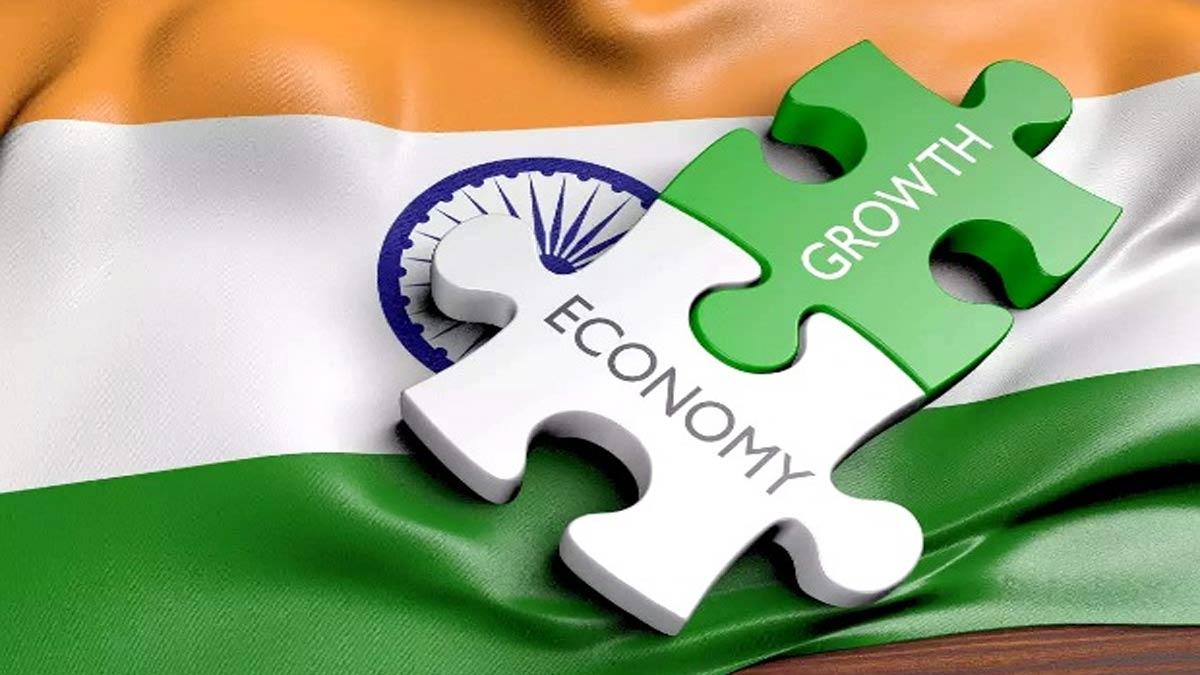India's economic resilience, fueled by robust domestic demand, has withstood external challenges, as per the Reserve Bank of India's (RBI) monthly bulletin released on Thursday. The report indicates a favorable shift in the economic outlook, with the Economic Activity Index (EAI) now projecting a GDP growth of 7% for Q3:2023-24, up from the earlier estimate of 6.5%. This growth is attributed to a transition from consumption to investment, driven by the government's focus on capital expenditure (capex), which is starting to attract private investment.
Supply chain pressures in India decreased in December and remained below historical average levels, contributing to the overall positive economic sentiment. Headline inflation saw a marginal increase in December, primarily influenced by higher food inflation due to unfavorable base effects.
Despite these positive indicators, the report underscores the downside risks associated with the global economic slowdown. The world economy faces divergent growth prospects in the near term, emphasizing the need for careful navigation.
The report highlights positive trends in the financial sector, with Indian banks experiencing a steady expansion in their consolidated balance sheets, particularly in credit to retail and services sectors. Net interest income and lower provisioning have strengthened net interest margins (NIMs) and overall profitability. The asset quality of banks has improved, with the gross non-performing assets (GNPA) ratio standing at 3.2% at the end of September 2023.
Non-banking financial companies (NBFCs) have also seen an expanded balance sheet, marked by double-digit credit growth, improved profitability, and enhanced asset quality. The report emphasizes the increasing interconnectedness between banks and NBFCs, urging the latter to diversify their funding sources and reduce reliance on bank funding.
Looking ahead, the report calls for a "leap of faith" in 2024 to overcome potential downside risks. It stresses the importance of addressing geopolitical conflicts, containing their repercussions on global markets, and vanquishing inflation to pave the way for eased financial conditions and support growth. The report also advocates for re-globalization efforts, with advanced economies rejuvenating growth impulses and emerging markets rekindling investment to address high debt levels and ensure macroeconomic stability. Additionally, climate change effects need to be addressed to ensure a sustainable and resilient global economy.
(With Agency Inputs)
Read also| RBI Article Forecasts Robust Growth for Indian Economy in 2023-24


















